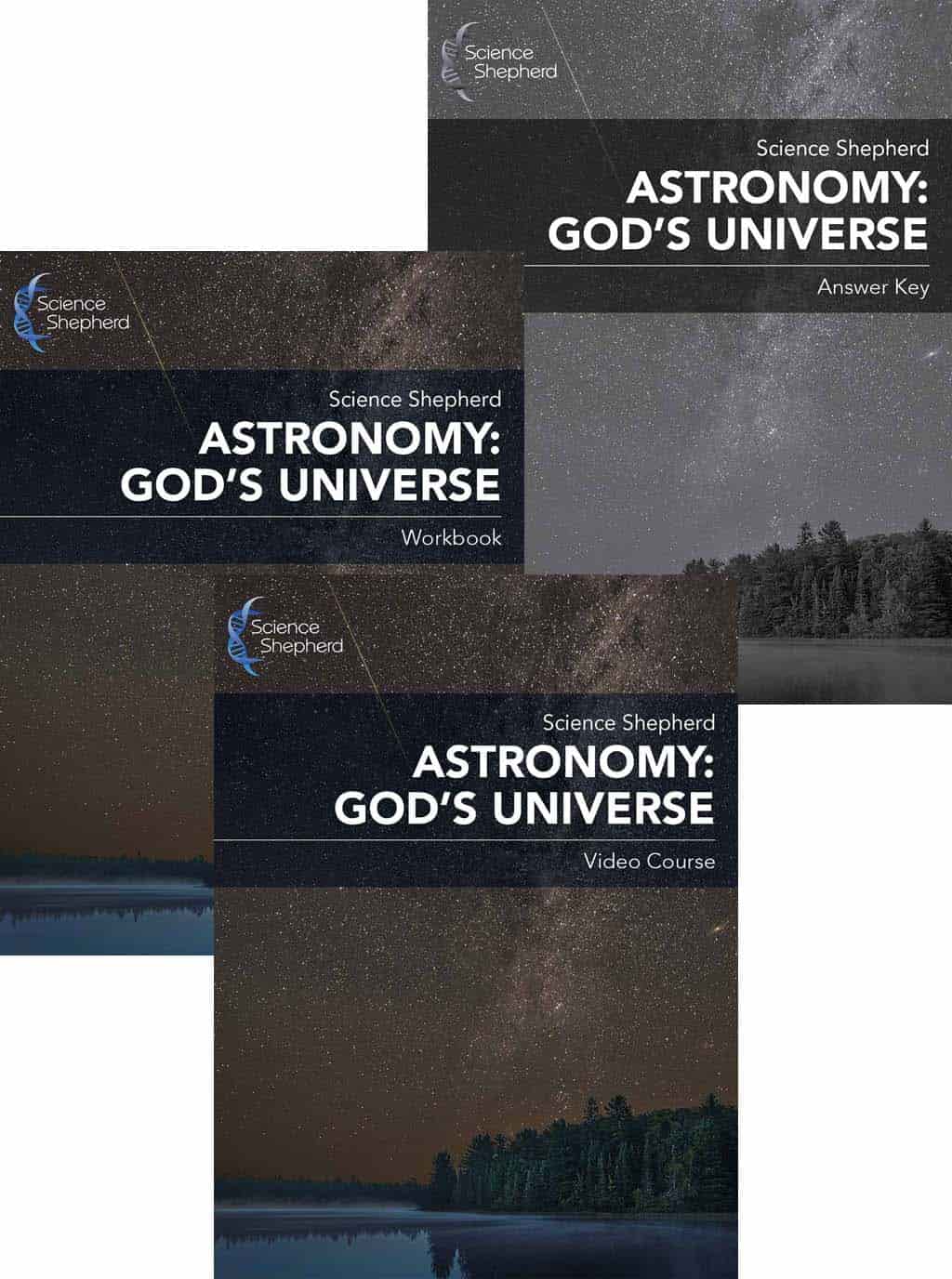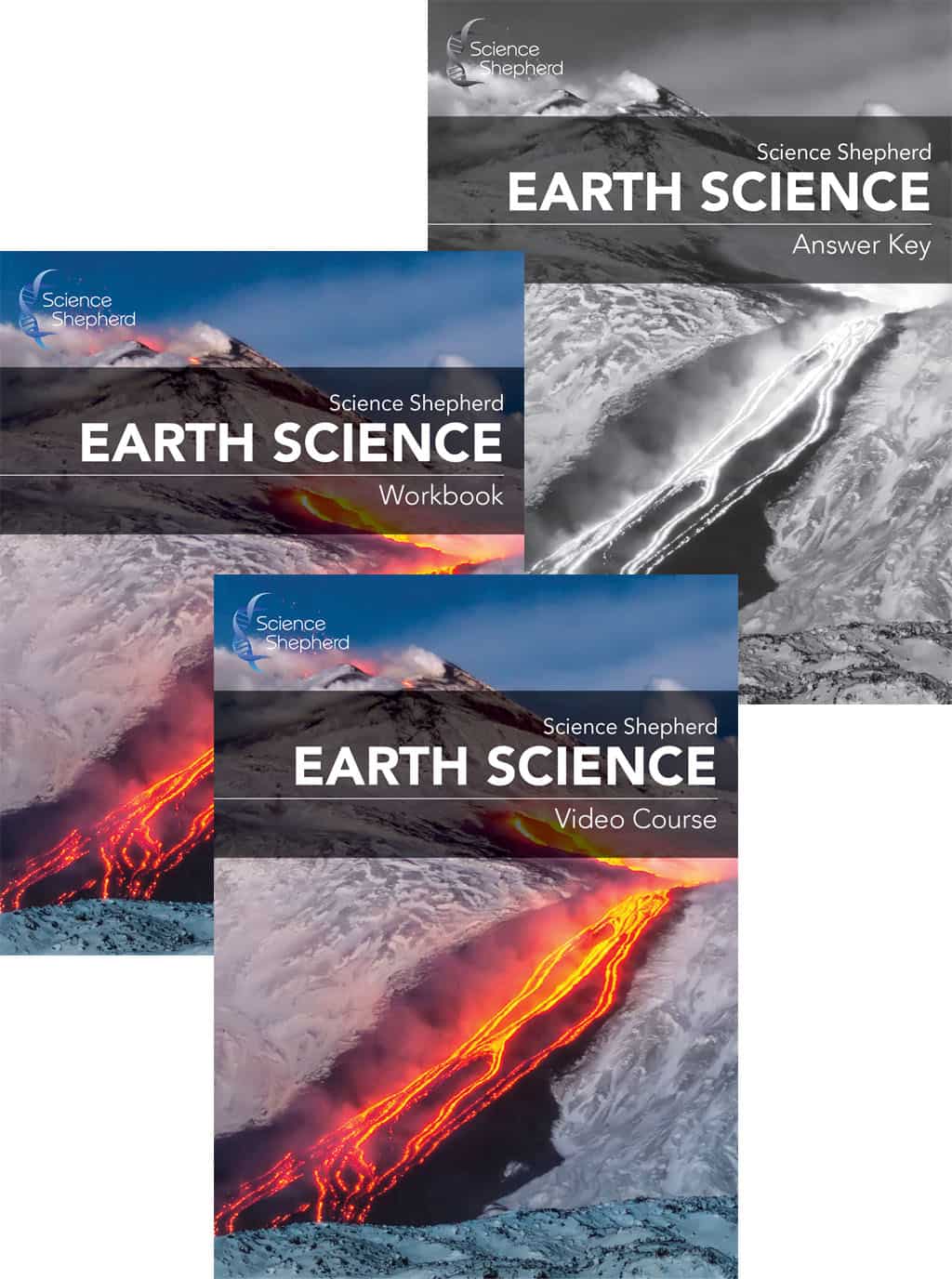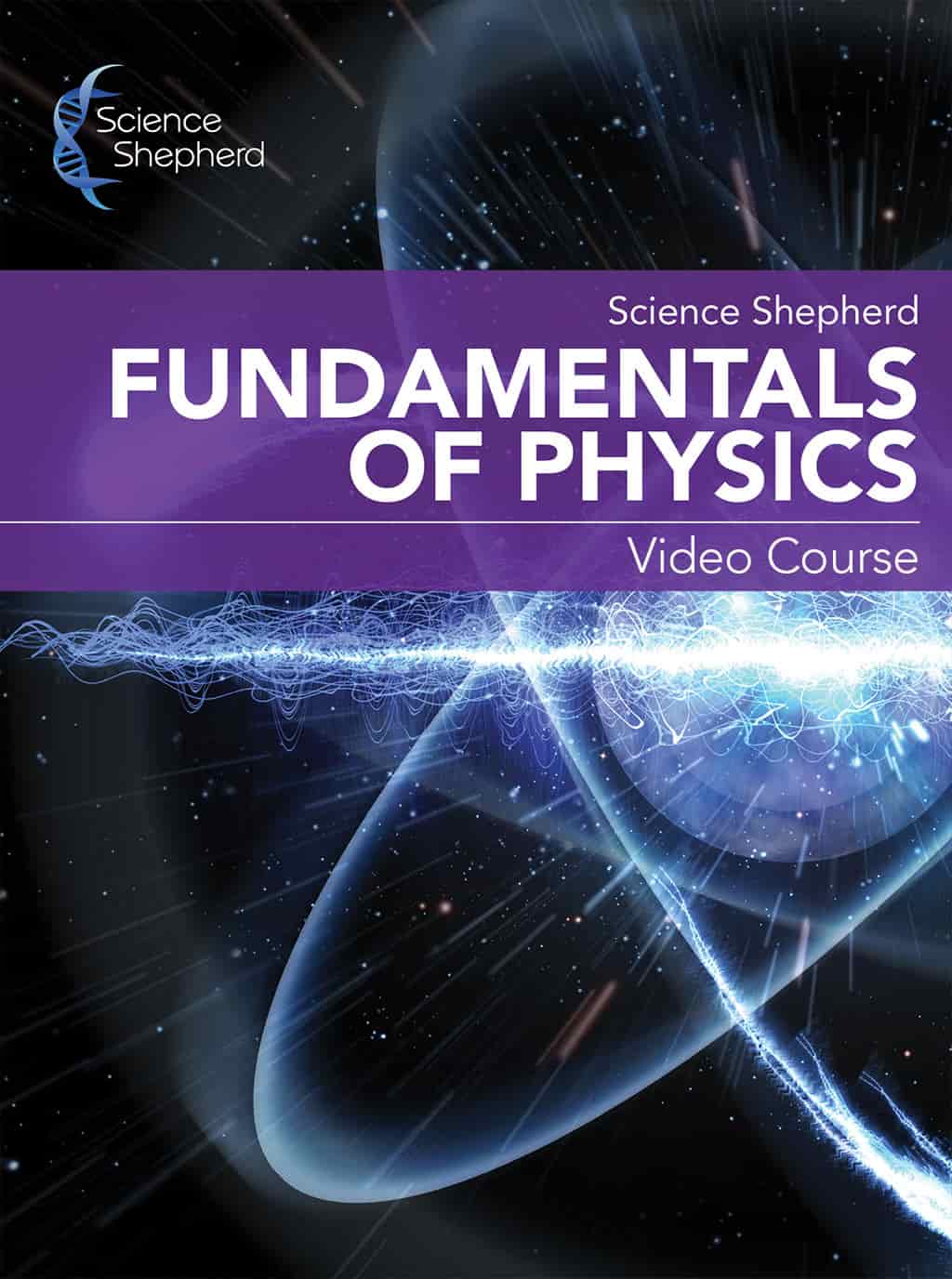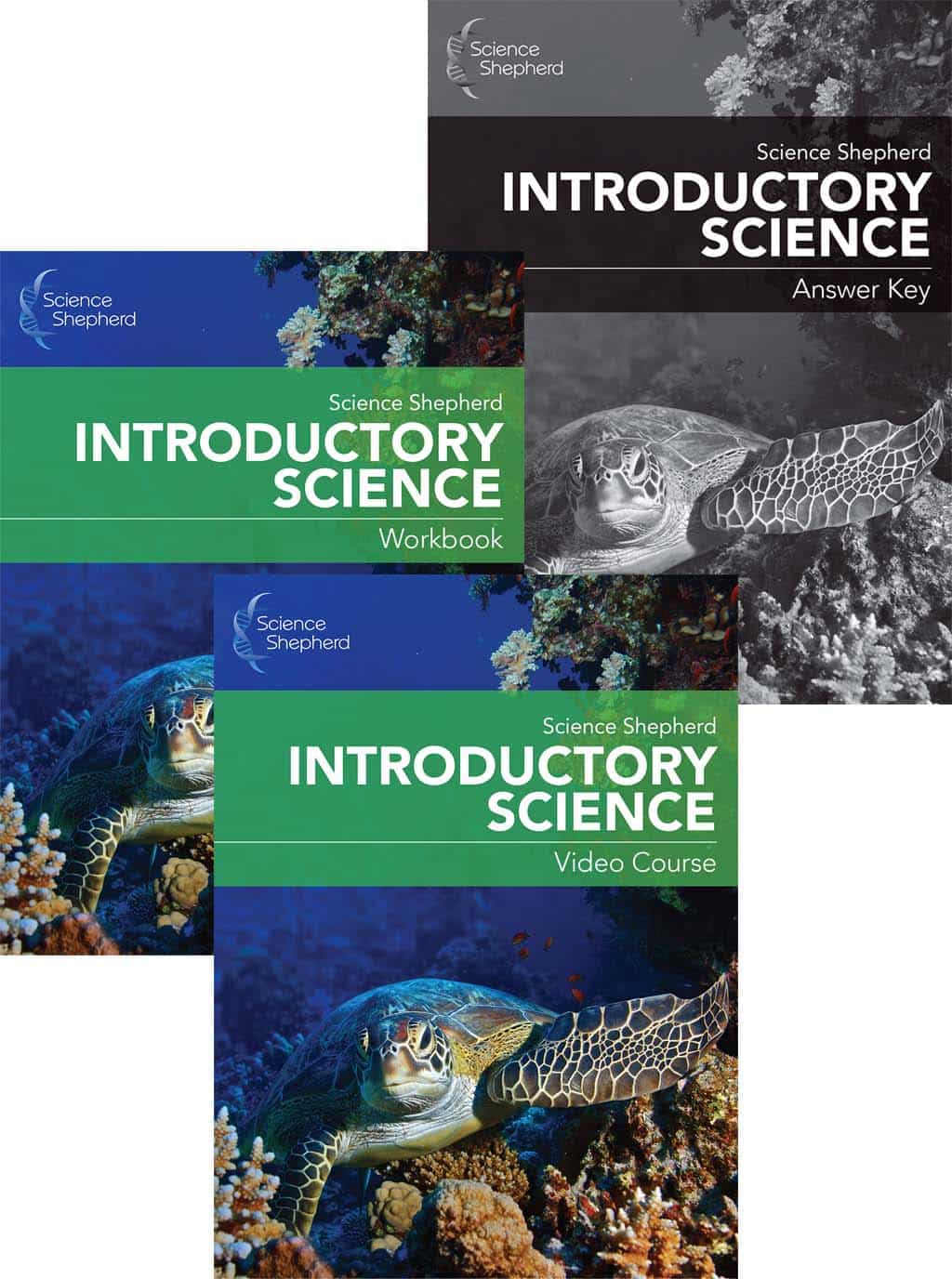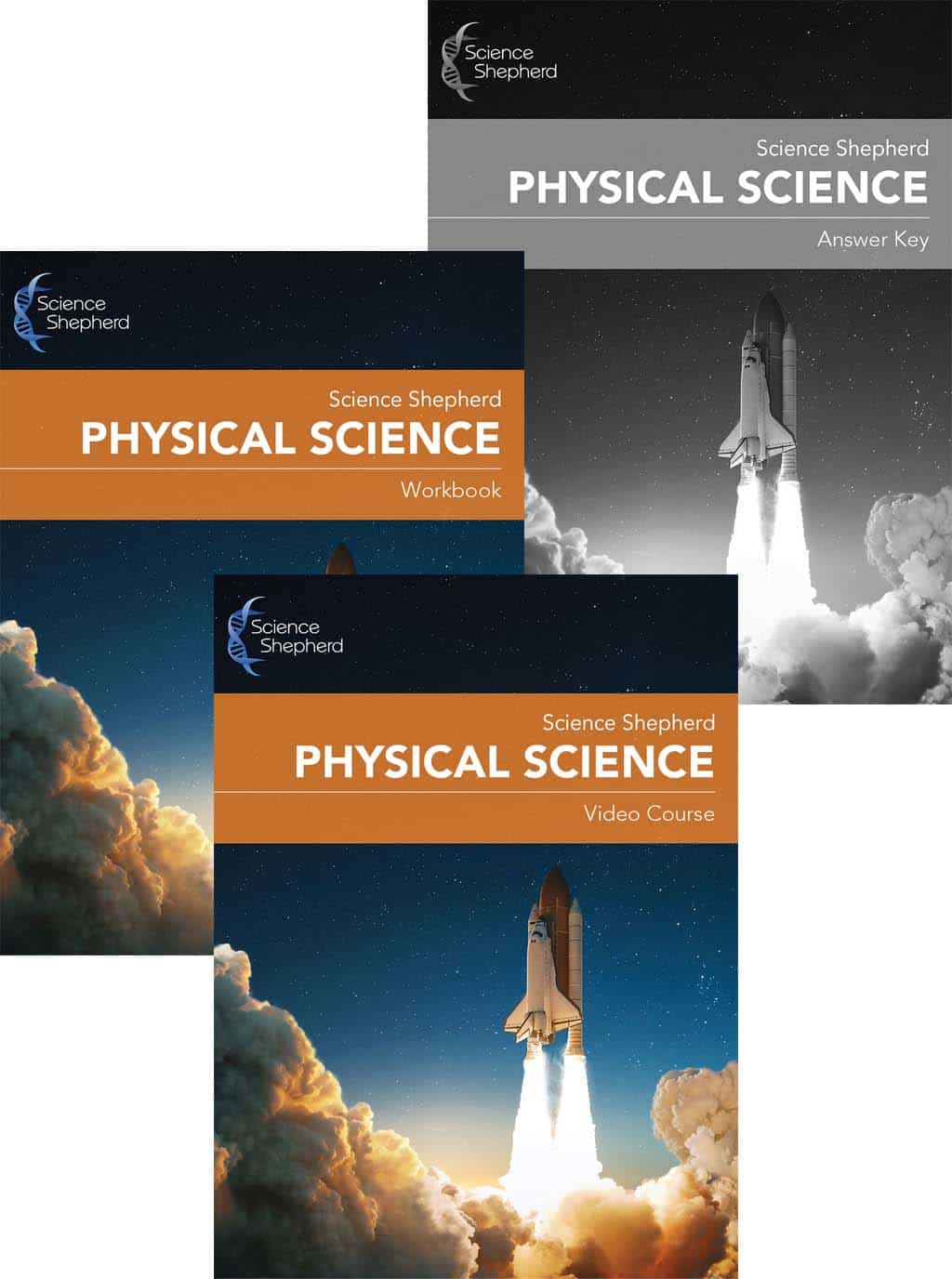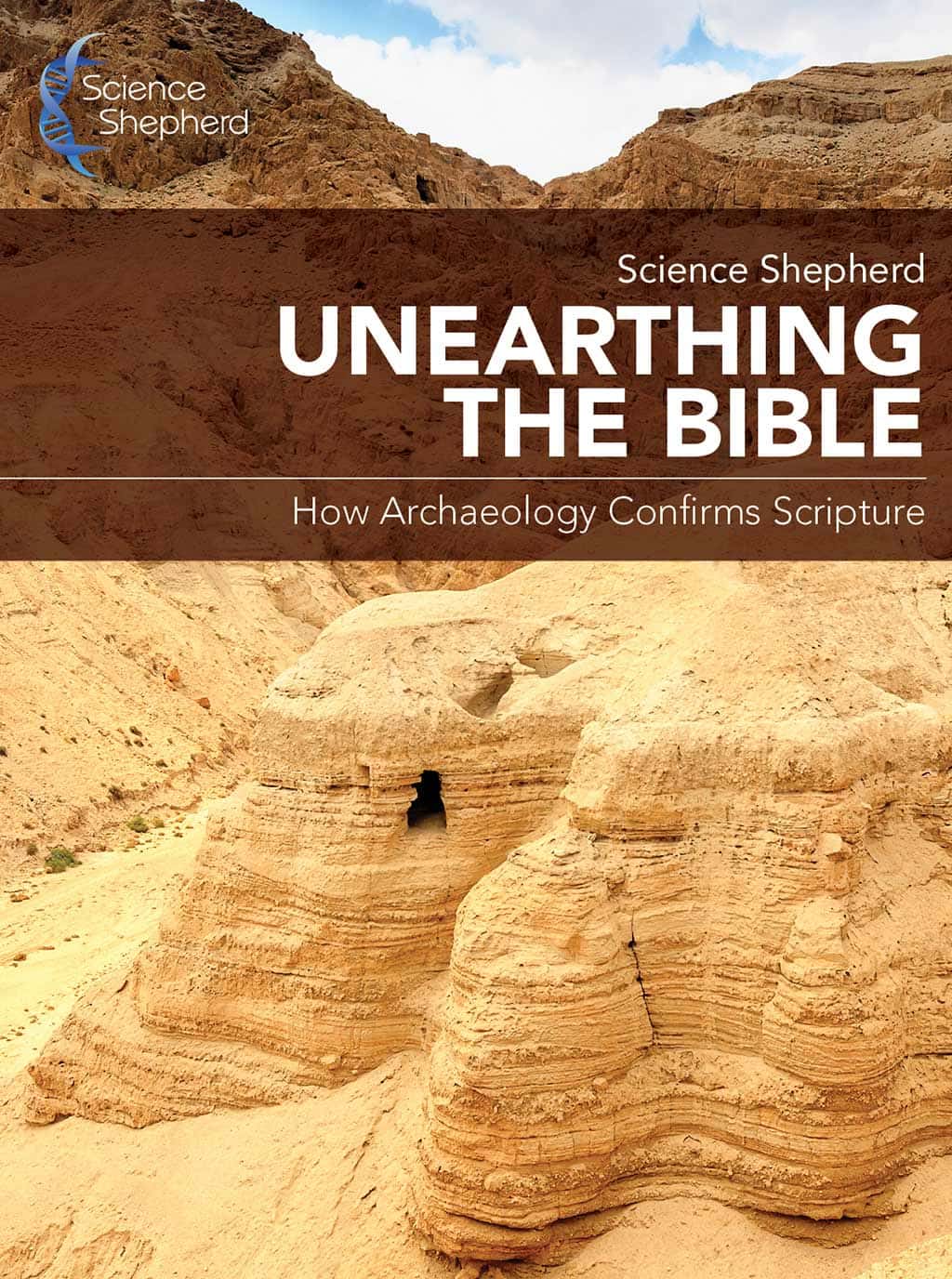Covid-19 and Critical Thinking

Helping Christians Analyze Current Events
My friend, Jay Seegert, frequently sends me articles or videos to review, or just asks me questions in general, so that I can assist him in his knowledge gathering as he prepares a new talk or writes a new book for his ministry. For the past 20+ years, he has run The Starting Point Project (www.thestartingpointproject.com), an apologetics ministry, and I have been honored to be the vice president of his Board of Directors for 12 or 13 years. He started out being known as "that creation guy", but over the years the ministry has morphed to address the needs of those he serves, and today - while creation and evolution remains a popular topic - the ministry's focus is now on, a la 1 Peter 3:15, teaching Christians how to be prepared to defend their faith. And no one does it gentler and with more respect than Jay. His approach is laudable and serves as a model for effective and loving apologetics delivery. (This introduction to Jay and his ministry aside, please note that Jay is not participating in this video series in an official ministry capacity.)
. . . but in your hearts honor Christ the Lord as holy, always being prepared to make a defense to anyone who asks you for a reason for the hope that is in you; yet do it with gentleness and respect . . .
1 Peter 3:15
As would be expected of someone with a worldwide apologetics ministry, he has met many people from very diverse backgrounds, cultures and occupations. He has nearly immediate access to some of the top minds in genetics, geology, astrophysics and many other sciences, and so can get expert answers to questions that pop up as he's writing a book or making the PowerPoint for a new presentation. I'm always honored that Jay finds value in my input on the biological sciences and medicine, and I am always pleased to try to answer his questions so that he can transform that into a clear explanation or analogy. For any of you who haven't seen/heard him, he's really a master in explaining complicated topics so they're understandable and relatable to the bigger apologetics picture within which they reside. TheStartingPointProject.com has lots and lots of his talks available and I am sure you will benefit greatly from watching them.
Since March 2020, the main topic we have discussed is, no surprise, what everyone refers to simply as "Covid"...an awful lot of medicine, science, information and disinformation is wrapped into that one word. Our tech overlords like to use the word "misinformation", which is somewhat different than "disinformation". "Misinformation" is when someone says something that isn't true, but they don't know that it isn't true. The source of the incorrect information that the person has somehow incorporated into some sort of personal "truth paradigm" is irrelevant to this discussion, really. The simple fact is that the person who believes something is true that is prove-ably false and then tells someone else that false thing is spreading misinformation.
For example, Frank says to his friend, "Hey, John, did you hear that Pete was in a car accident yesterday?" Frank "heard" this from somewhere - he's not sure where - and honestly believes that Pete was in a car accident yesterday. However, John was with Pete for that entire day and no car accident occurred. John corrects Frank's misinformation with the correct information, "Oh, no, he wasn't. I was with him the entire day and he was not in a car accident." Frank then takes that new information, integrates it, and stops telling people that Pete was in a car accident. Frank will no longer spread incorrect information because he now knows the truth.
When I think about "disinformation", I think about it more from the originator's standpoint and what his/her motive was. With misinformation, the person who spreads it honestly thinks that the information is true. But with disinformation, the originator KNOWS that he or she is saying something that is not true and yet continues to spread it anyway. There has been a LOT - like a lot a lot a lot - of disinformation regarding all aspects of Covid. And the disinformation continues to this day. And that disinformation sits on "both sides of the aisle." Those who desperately want this virus to cause society to shut down, be permanently altered and force every human being to take vaccines originate disinformation, just as those the mainstream media call "anti vaxxers" originate their own form of disinformation surrounding Covid.
It's important to openly state that as Christians - those who are dedicated to the truth, firstly to God's Truth and secondly to all other truth - we are not to be spreaders of misinformation and certainly not of disinformation. The most basic expectation that we should have of each other is a dedication to the truth. Yes, this requires research on our part, sometimes more research and sometimes less research, depending on the topic. But, we are not to blindly believe something simply because someone who claims to be an expert says something, especially when that something reinforces "what we really want to hear" about the topic.
It's important to openly state that as Christians - those who are dedicated to the truth, firstly to God's Truth and secondly to all other truth - we are not to be spreaders of misinformation and certainly not of disinformation.
And this brings me back to Jay, because ensuring that he doesn't spread misinformation on any subject is of paramount importance to him (Jay would never knowingly say something that isn't true, so he'd never be the spreader of disinformation). Since Jay isn't an expert in biology or medicine, that's why he frequently seeks out my opinion on different things that he reads to help sift through what is true and what isn't so that he can always stick to the truth. Recently, he sent me a video that has become the subject of 6 videos he and I recorded on critical thinking skills. At first, he simply asked me what I thought of the material presented in the video; however, after I watched it for a very short time, it was clear there was a lot of misinformation in it (and I classify it as "misinformation" because I assume that the speaker believes that what she says is true). Jay and I discussed further and we thought it might be interesting to go through this video step by step and point out the areas where our critical thinking skills should be tickled into action, because we have lived through decades of primary, secondary, graduate and postgraduate educators teaching what to think, not how to think, and critical thinking skills are sorely lacking in America. Yes, there is a lot of technical stuff in this video, but as we will see there are many areas where even if you don't know anything about the subject, the speaker sends an alert that should make you realize that you definitely need to "fact check" what the person said.
These videos are commentary of the subject matter being discussed, where it is correct and where it's prove-ably false. I also have a lot of references for why I make the conclusions that I do (linked below). I in no way want to throw the speaker under the bus or point fingers (the only finger pointing that I do is to clearly state what information is wrong, and why), while at the same time we all must realize that when someone is literally given the stage as an authority on the material presented, that person MUST present factual information. As we will see throughout this video series, there are signals from the speaker to the listener that what is being said at least deserves some more in depth verification. That's where critical thinking skills can be developed.
- ▼Part 1
- Click to watch part 1
- ◄Part 2
-
Click to watch part 2
- 5:44 - https://www.globenewswire.com/en/news-release/2021/05/19/2232238/28124/en/Worldwide-Nanobots-Industry-to-2029-North-America-is-Set-to-Dominate-the-Market.html
- 5:50 - https://www.sciencedirect.com/science/article/pii/S0165027014002702,
https://www.businesswire.com/news/home/20190520005722/en/Battelle-Led-Team-Wins-DARPA-Award-to-Develop-Injectable-Bi-Directional-Brain-Computer-Interface,
https://www.darpa.mil/news-events/2019-02-06a - 6:10 - https://www.sciencedirect.com/topics/materials-science/hydrogel
- 6:42 - https://newatlas.com/brainwave-controlled-video-game-concept-unveiled/10154/
- 7:08 - https://news.yahoo.com/musk-brain-chip-155822187.html,
https://neuralink.com/
- ◄Part 3
- Click to watch part 3
- ◄Part 4
- Click to watch part 4
- ◄Part 5
- Click to watch part 5
- ◄Part 6
- Click to watch part 6
Additional Resources

For more practice in critical thinking, check out The Genesis Worldview, our FREE 13-part series that explores science and Scripture. Analyze a wide-range of topics, including the history of naturalism, radiometric dating, people and dinosaurs, cosmology and more, to learn that science aligns with the sufficiency of Scripture.
Sign-Up Today!
Subscribe for the latest news and receive 10% off and a FREE resource!
Recent Articles
10% Off Your Next Order
Subscribe to our newsletter and we'll send you a code for 10% off an order
plus a free download of 5 Scientific Ways Your Kids Can Defend Their Faith.

10% Off and a Free Download
When you sign-up for our newsletter we'll send you 10% off your next purchase and our free article,
"5 Scientific Ways Your Kids Can Defend Their Faith".


